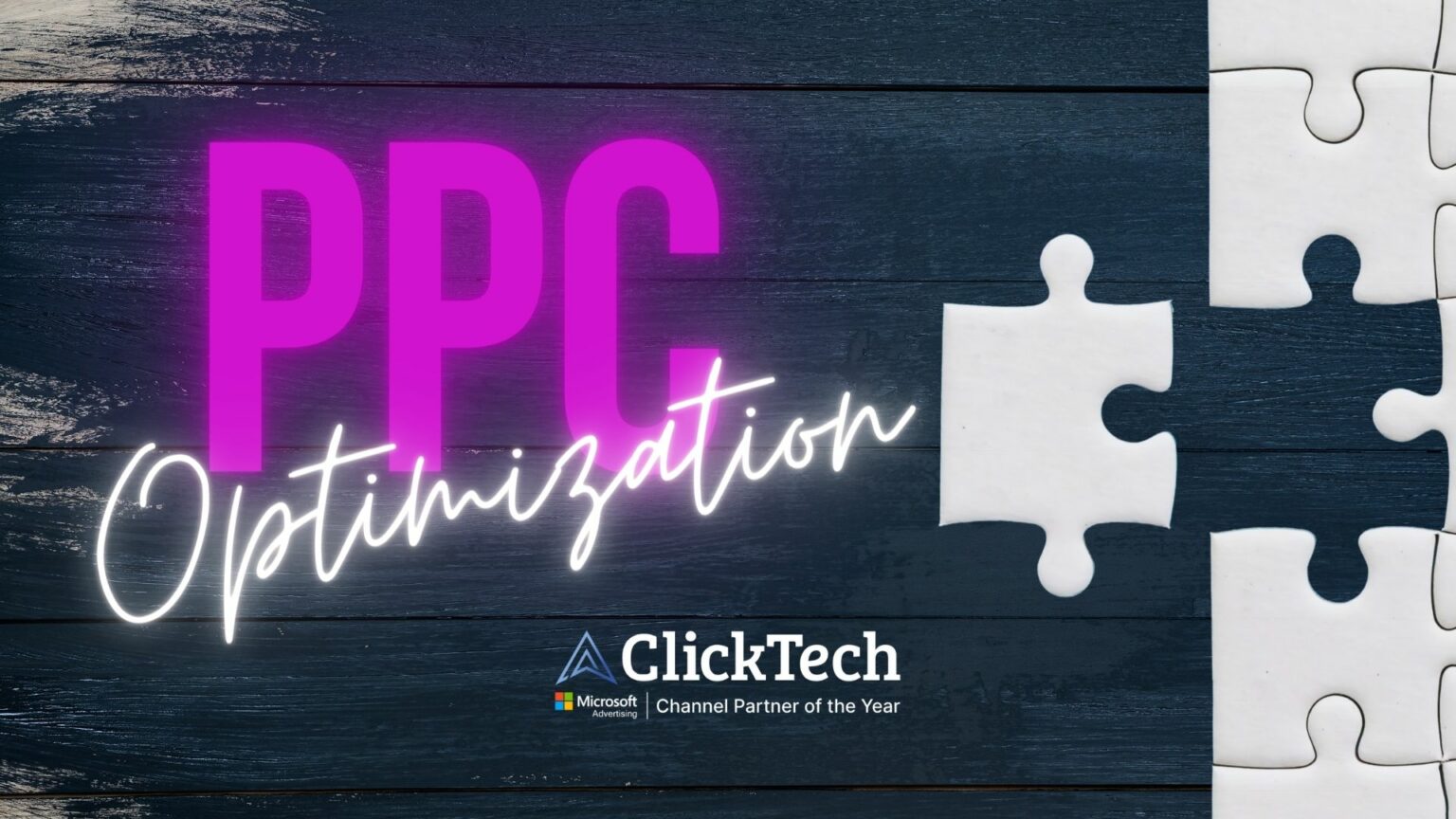
Facebook is Making Faster Mobile Load Times a Top Priority


Facebook is always listening to their community and constantly making tweaks to their platform to improve the user experience. With their latest roll out, Facebook is now closely monitoring mobile websites performance once a link is clicked. Did you know that on Average, 40% of users will abandon a slow loading page after only 3 seconds! This has continued to be a major pain point for Facebook and now they’re taking action. In this article you will learn about the changes, how it might affect you, and we will provide you with resources to help you improve your mobile load times.

The Changes Coming to Your News Feed:
“During the coming months we’re making an update to News Feed to show people more stories that will load quickly on mobile and fewer stories that might take longer to load, so they can spend more time reading the stories they find relevant. With this update, we’ll soon take into account the estimated load time of a webpage that someone clicks to from any link in News Feed on the mobile app. Factors such as the person’s current network connection and the general speed of the corresponding webpage will be considered. If signals indicate the webpage will load quickly, the link to that webpage might appear higher in your feed.” - Facebook
This announcement should really come as no shock to seasoned advertisers. But, now that Facebook has officially stated they will be further refining this practice, now would be a great time to brush up on those load times. After all, they state plain and clear that pages with faster load times will take a higher priority. And, we can safely assume this change will also affect the links we’re advertising.

Some people have speculated that Facebook made this move in order to shift publishers to their Instant Articles platform. But, Facebook has made it clear that this is not an attempt to promote Instant Articles but more of an effort to improve the News Feed experience on mobile. While some people are still skeptical about the updates, we’re not sweating it. We’re not going to speculate on what could happen. Rather, we’re simply taking action NOW to improve our site performance in order to avoid any possible issues down the road.
Resources to Improve Your Site Performance and Mobile Load Times:
Now some of you might be wondering, what now? Well, first you’re going to want to analyze your website, landing pages, etc. for load times. And second, you’ll want to use that data to make any necessary changes to improve the overall performance of your websites.
Below we have listed several FREE tools that you can use to determine your page speed. These tools will give you the insights you need to make the necessary changes to improve your site performance.
5 Free Tools to Measure Mobile Site Performance:
- Page Speed, an open source Firefox/Firebug add-on that evaluates the performance of web pages and gives suggestions for improvement
- YSlow, a free tool from Yahoo! that suggests ways to improve website speed
- GTMetrix, a free tool that analyzes your website load time, shows a waterfall and provides insights on how to optimize it
- WebPagetest, shows a waterfall view of your pages’ load performance plus an optimization checklist.
- PageSpeed Insights,a free tool from Google that analyzes the content of a web page, then generates suggestions to make that page faster.
- Dotcom-monitor: Offers 23 different locations and seven different browsers in which you can run your website speed test.
How Fast Should Your Page Load?
- If your page is a lead generation style landing page then you should be aiming for around 2-3seconds maximum mobile load times
- If your page is more content based, such as a news site then you should be aiming for the 4-6second mark fully loaded with the page at least partially loaded in under 4 seconds
- If you have a long landing page with lots of images and videos you should also be in the 4-6 second range maximum, ideally 3-4seconds
- If for any type of landing page or site your page load time is above 9 or 10 seconds you are losing a LOT of conversions and visitors strictly because your pages are loading too slow
Now, once you’ve analyzed your data and determined that something needs to be done about your site performance, what can you do? Simply follow the tips below and these “best practices” should help significantly speed up your website and mobile load times.
15 Best Practices for Faster Mobile Load Times:
- Minimize landing page redirects, plugins, and link shorteners
- Compress files to decrease mobile rendering time
- Make sure your server is up to proper specifications
- Improve server response time by utilizing multi region DNS hosting (also known as a Dedicated DNS service. For this we recommend DNSMadeEasy or Route53 by Amazon)
- Remove javascript that is bloated, un-needed or causing slow page load times
- Use a high-quality content delivery network to reach your audience quickly (also known as a CDN)
- Optimize images to reduce file size without diminishing visual quality
- Utilize whats called "lazy load" so that content does not load until the user scrolls down to it
- Remove unnecessary tracking pixels
- Move most javascript files to the bottom of the body to speed up page render time
- Use asynchronous scripts to streamline page render time
- Dynamically adjust the content for slower connections/devices
- Serve scaled images based on browser resolution
- Make sure you have proper page/browser caching turned on
- Minify all scripts on your page that you can

Well, what are you waiting for? Start measuring your site performance today and ensure your stories are a top priority in users News Feed.
If you have any questions on these changes, or have suggestions for topics we should cover, please let us know in the comments below! We want to hear from you!





